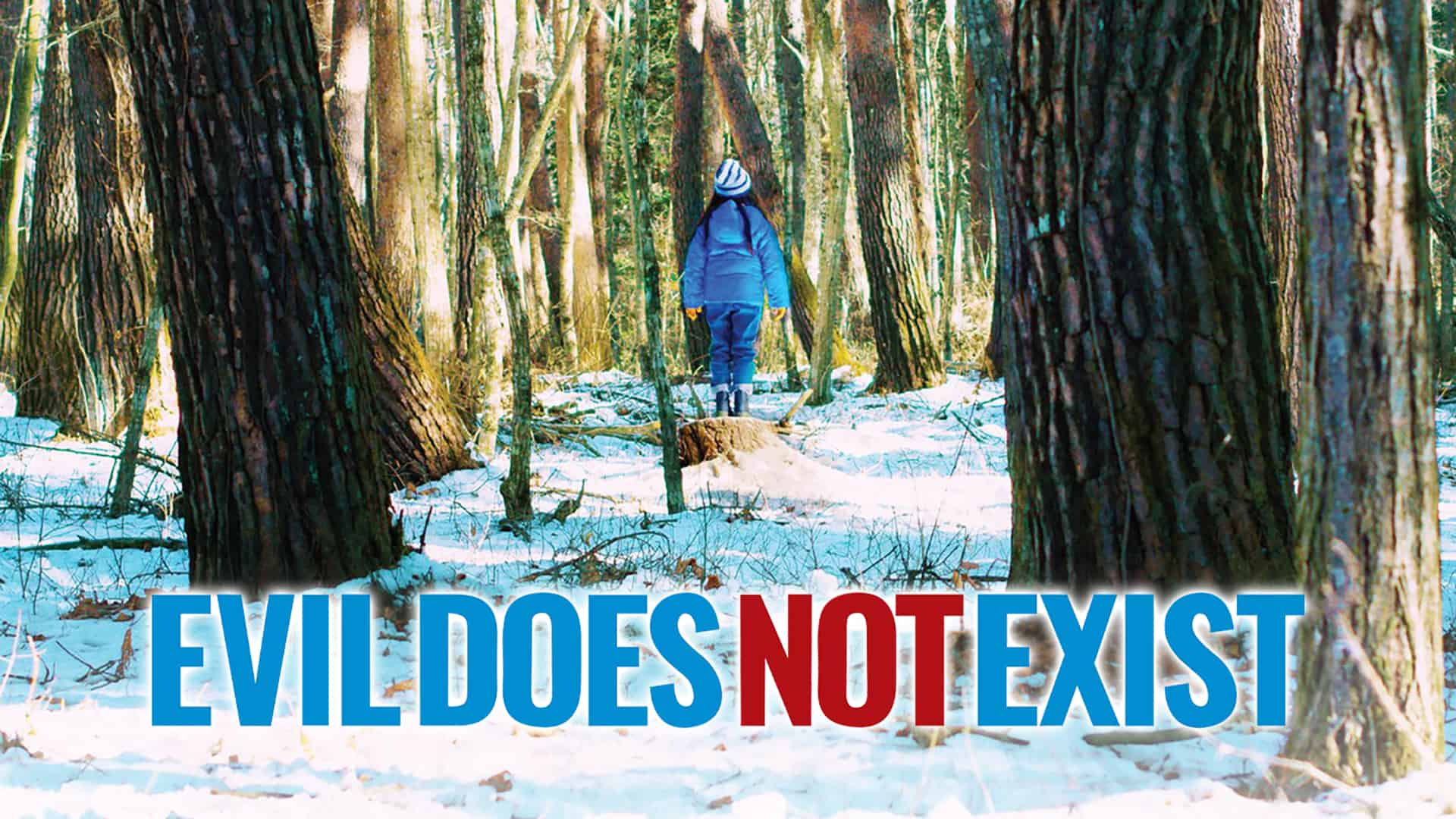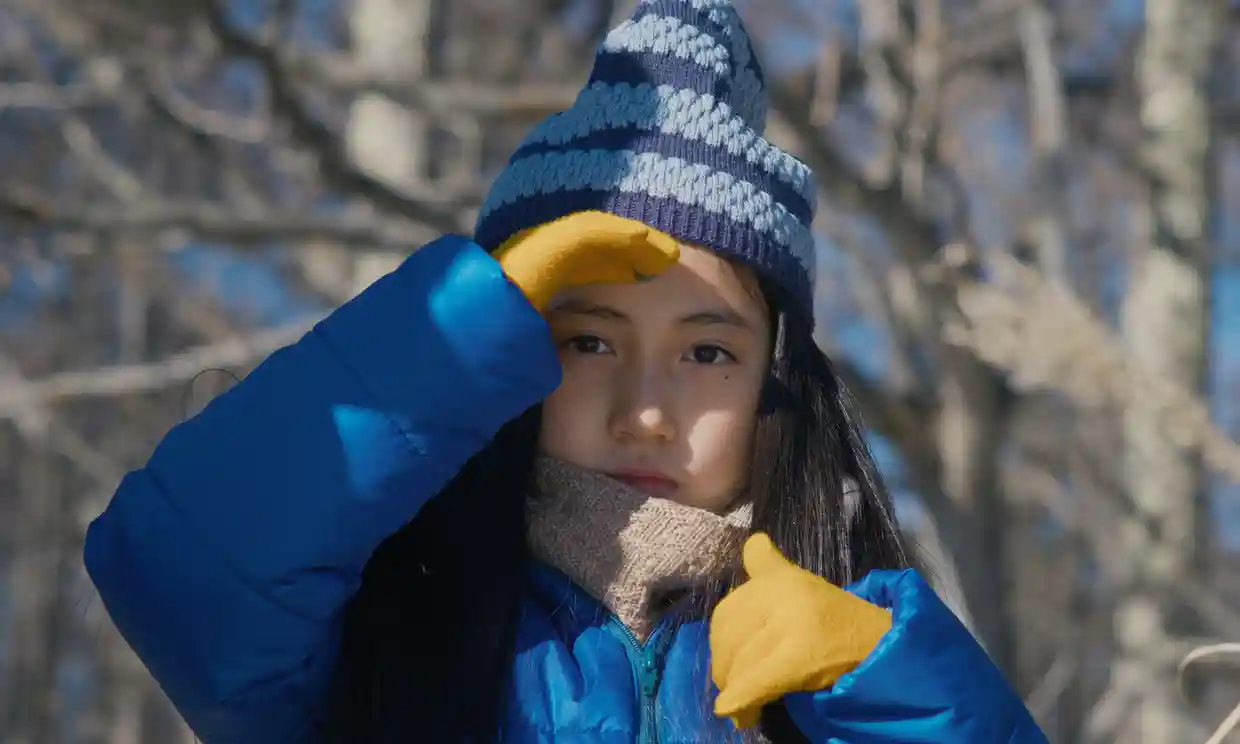Evil Does Not Exist (2023) – Review and Summary
Ryûsuke Hamaguchi’s “Evil Does Not Exist” is a quiet film that whispers questions that can linger long after the film ends.

Spoiler Alert: This summary and review contains spoilers.
Additionally, some images and text may include affiliate links, meaning we may earn a commission or receive products if you make a purchase.
“Evil Does Not Exist” General Information
| Director(s) | Ryûsuke Hamaguchi |
| Screenplay By | Ryûsuke Hamaguchi and Eiko Ishibashi |
| Based On | N/A |
| Date Released ( Film Festival – New York Film Festival) | October 7th, 2023 |
| Genre(s) | Drama, Non-English (Japanese) |
| Film Length | 1 Hour, 45 Minutes |
| Content Rating | Not Rated |
| Noted Characters and Cast | |
| Takumi | Hitoshi Omika |
| Hana | Ryo Nishikawa |
| Takahashi | Ryuji Kosaka |
| Mayuzumi | Ayaka Shibutani |
Content Rating Explanation
“Evil Does Not Exist” is not rated yet, but includes scenes of profanity and disturbing violence.
Film Summary
This content contains pertinent spoilers. Also, images and text in this post may contain affiliate links. If a purchase is made from those sites, we may earn money or products from the company.
Ryûsuke Hamaguchi’s “Evil Does Not Exist” is a challenging poem for a film. Hamaguchi’s meditation on humankind and nature captures the beauty and indifference of a sky or forest, but while scenes drift through nature, it struggles to find its footing as a human drama.
“Evil Does Not Exist” begins by showing the quiet solace of Takumi (Hitoshi Omika), a man who makes his living by chopping wood and collecting stream water for a local noodle restaurant. Takumi is so engrossed in his work that sometimes he forgets to pick up his daughter, Hana (Ryo Nishikawa), from school. But his village looks out for one another; someone is there to help Takumi, and Takumi is there for them. Winter is coming to an end for Takumi’s small village, but with the end of winter, Takumi also sees the end of the village’s peace.
A glamping company plans to transform the village into a camping resort for city folk who want to get away. This corporation wishes to turn Takumi’s village into a tourist destination, yet local villagers rightly fear how construction and an influx of people can harm their ecosystem. When spokespeople working on behalf of the company come to hear the locals’ concerns, Takumi understands that while these representatives are present, they are not listening. Resistance is futile.
“Evil Does Not Exist” takes an intriguing shift to share the viewpoint of the two company representatives, Takahashi (Ryuji Kosaka) and Mayuzumi (Ayaka Shibutani). We learn they also feel trapped and victims of a higher power and bosses whose minds they cannot change. Everyone here feels that they’re doing the bidding of someone or something else. Everyone feels small and at the mercy of whatever Mother Nature or human nature dictates.
So does evil exist? Is change inevitable? Do we adapt or try to preserve the life we know? The film’s premise may be a simple rural vs. urban dilemma, but it morphs into a more complex depiction of people’s desires. The film is quiet, allowing us to sit in silence that may last for an uncomfortable amount of time. “Evil Does Not Exist” presents big questions with very few answers, but perhaps the question is more important than the answer.

Other Noteworthy Information
- “Evil Does Not Exist” was initially intended to be a 30-minute short film without dialogue titled “Gift.” Ryûsuke Hamaguchi will be premiering a 30-minute version at Belgium’s Film Festival Ghent.
Character Descriptions
Please Note: This character guide is not an exhaustive list of every cast member, and character descriptions may contain what can be considered spoilers.
Takumi
A handyman and jack of all-trades who provides what he can for his village and spends his days occupied in the forest. Takumi can care so much about the forest that he forgets to care for himself and his daughter.
Hana
Hana is Takumi’s daughter. She’s curious and naive. Despite her father’s negligence, she loves him and his work.
Takahashi and Mayuzumi
Takahashi and Mayuzumi are not only representatives of the glamping company but also actors hired to listen to the villagers’ concerns. Both become consumed by regret and shame over their employment.
Review
Our Rating: Positive (Worth Seeing)

Highlights
Complex Morality of the Characters
“Evil Does Not Exist” lures viewers in with the simple premise of a big corporation and city dwellers intruding on a village and forest. But the more we learn about Takahashi and Mayuzumi, the more we sympathize with these characters. The more we learn about Takumi, the more ambivalent we become about his actions. No one is the caricature that they seem, and no one’s morality is as simple as we assume. “Evil Does Not Exist” demonstrates that people rarely have the chance to practice any individual moral code when their survival is at stake.
Gorgeous Cinematography Transcends Us Into the Screen
You feel the cold in “Evil Does Not Exist.” You yearn to be walking under the barren tree branches, feeling your shoes crunch the snow. “Evil Does Not Ask” captures a crisp winter day by simply floating a camera through nature. It’s the closest a film has gotten to immersing its audience in the setting.
On The Fence
Quiet Nature Can be Seen as Meditative or Frustrating
“Evil Does Not Exist” is a quiet film, where for 90% of the movie, the dialogue is the action. Scenes linger on nature to the point where you may drift off when watching. This film requires patience and alertness that cannot be fully achieved after a viewer’s long day at work. You’ll want to set aside time to watch this and do so, possibly when you have time to reflect and meditate.
Who Is This For?
Fans of more quiet, artistic cinema will enjoy “Evil Does Not Exist.” If you enjoyed Ryûsuke Hamaguchi’s past films, “Evil Does Not Exist” is essential viewing.
Recommendations
If you like this movie, we recommend:
Check out our movies page for our latest movie reviews and recommendations.
Images used for editorial and commentary purposes. All rights remain with their respective copyright holders.


